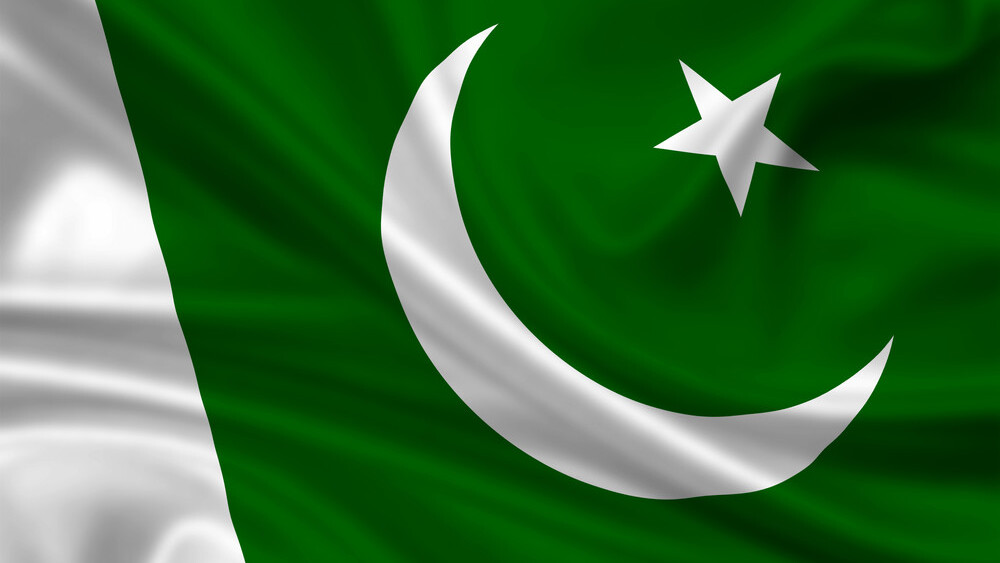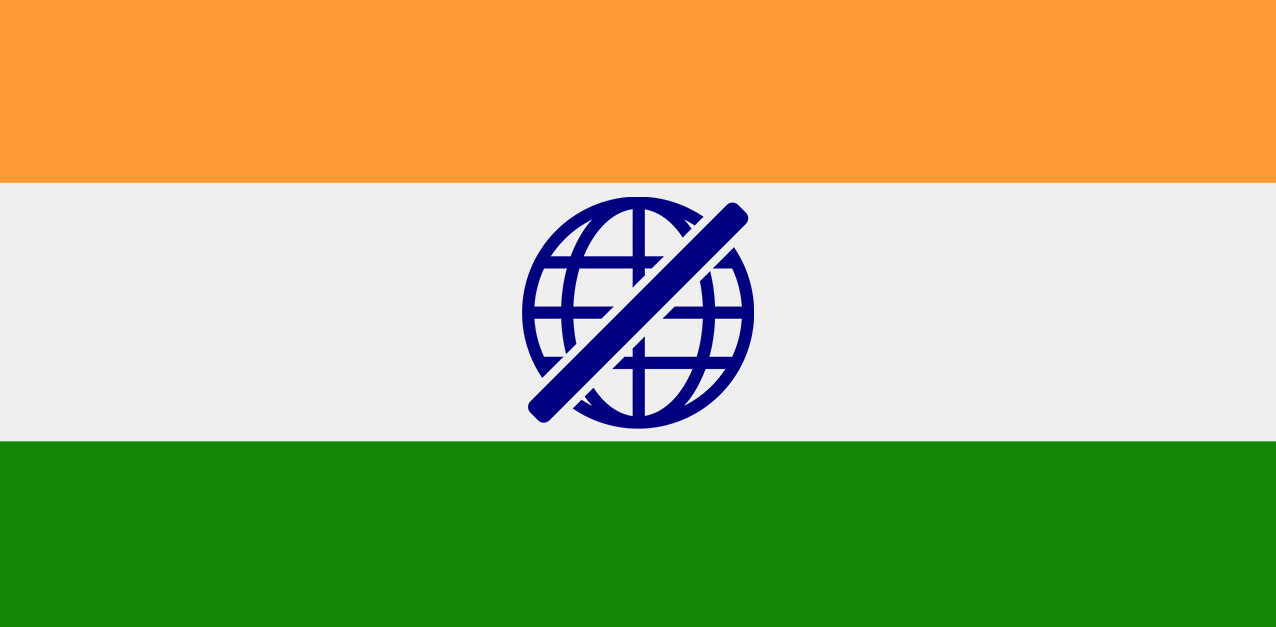
Authorities in Pakistan caused controversy worldwide last week, when details of its plans to implement a system of censorship were revealed. An tender for the project, aimed at restricting access to more than 50 million URLs in Pakistan, was pitched to a range of Western firms, but Adobe and others declined to participate.
In response to the high profile snubs and international reaction, which included a 16,000 signature-strong petition against the move, the government of Pakistan is now reported to have taken changed its mind. Officials told the Express Tribune that the Pakistani Ministry of Information Technology has withdrawn the project “due to the concern shown by various stakeholders”, according to Ars Technica.
However, that may not be the end of things as there is no sign of confirmation of the news on the IT ministry’s website, which officials said would be forthcoming. Given that the last press statement is dated January though, it could be that the issue will not be mentioned there, particularly if the government wants to avoid publicizing the embarrassing switch.
Mike Rispoli, whose organisation — Access — was behind the petition, welcomed the news but he cautioned that it may not be the end of the country’s pursuit of a censored Internet, saying:
While these reports are promising, there is still a possibility that the Pakistani government could try to covertly implement a similar system.
This isn’t the first time that Pakistan has changed its stance on censorship following global outcry. Last year, details of plans to censor ‘obscene’ words from SMS and communication on mobile phones drew international attention. The response was such that the government talked down the move and opted to “delay” its introduction.
Authorities in Pakistan are clearly keen on extending its censorship policy, which currently sees telcos and ISPs manage blacklists and access to sites like YouTube and Facebook. It remains to be seen whether a second forced u-turn in six months will put the country off making future censorship plans. Sadly, we suspect that it won’t.
Get the TNW newsletter
Get the most important tech news in your inbox each week.





